Unboxing: Strix R9 Fury
The new Strix R9 Fury graphics card is here to kick ass for those who want to go beyond 1080p, but still want change in their pockets. There are new innovations and significant upgrades all over, including the Fiji GPU, a GPU fortifier, HBM (High Bandwidth Memory) technology, Super Alloy Power II components built using the new ASUS AUTO-EXTREME technology process, DirectCU III air-cooler incorporating triple patented Wing-Blade 0dB fans, new Strix colors and styling, pulsating Strix logo, and GPU Tweak II software. There is a lot to be excited about!
[gallery include="" size="medium" link="file" template="file-gallery" columns="2"]
Upon opening the box and taking a whiff of that new card smell, you may be confused for a split second and wonder why there is a red and black card sitting in there, and why there are three fans now. It's no mistake, this is the new look of Strix. Included in the box are the installation DVD, a 2 x 6-pin to 8-pin power adapter, a setup guide (not that you need it, but just in case), a Strix sticker to put over anything else you have which isn't Strix, and the Strix R9 Fury graphics card snug in the protective foam, waiting to be ravaged, and then used to unleash fury in games and benchmarks.
The new DirectCU III air-cooler got a complete makeover and now features triple patented Wing-Blade fans for increased air pressure and 30% cooler performance, while being up to three times quieter.
[gallery include="" size="medium" link="file" template="file-gallery" columns="2"]
Built on AMD’s GCN 1.2 (Graphics Core Next) architecture, the new Fiji series of GPUs based on a 28nm fabrication node have 3,584 shader processors, 224 texture units, 64 ROPs and the core clock factory-overclocked to run at up to 1000MHz (1020MHz in OC mode). Instead of using GDDR video memory, R9 Fury is the first to use 4GB of on-chip HBM (High Bandwidth Memory) operating at 500MHz on a whopping 4,096-bit memory bus ( you can see the four of them right next to the GPU). Having the HBM graphics memory so close to the GPU, the shorter bus means lower latency and up to 60% improved efficiency. Although HBM operates at lower clock frequencies compared to GDDR5, note that the memory bus is 4,096 bit wide! (384-bit on the GTX 980Ti) This is a different approach and it makes things very interesting, as this is designed to perform at very high resolutions and benchmarks show that this really shines in WQHD or 4K resolutions, you can expect around 10-15% more performance. Compared to a reference GTX 980 this is 10% faster for 3DMark: FireStrike running in 4K!
Running a pair in CrossFire will surely get your blood-pumping, while looking great in your system (bridge not needed).
Strix R9 Fury employs DIGI+ VRM with a 12-phase power design to power the new GPU, using new Super Alloy Power II components consisting of Super Alloy Power II Capacitors for two and a half times the lifespan, Super Alloy Power II MOSFETs for less heat and more power efficiency, and Super Alloy Power II Chokes to reduce buzzing noise. The result is a card that is three times quieter, 30% more stable, 15% more power efficient and possesses more overclocking headroom.
While the third fan provides even more cooling than before, 0dB technology is back so that you can do casual gaming or work with silent operation from the Strix R9 Fury.
[gallery include="" size="medium" link="file" template="file-gallery" columns="2"]
These 10mm heatpipes are the thickest available today, these transfer heat more efficiently to disperse heat evenly - right to the end of the heatsink! A new pulsing Strix logo can be seen through transparent side-panels.
[gallery include="" size="medium" link="file" template="file-gallery" columns="2"]
The surface area is 120% larger for heat dissipation. You can see another design improvement as the Super Alloy Power II MOSFETs are now also cooled by the main air-cooler, which can be actively cooled by fans as opposed to using a separate smaller heatsink.
[gallery include="" size="medium" link="file" template="file-gallery" columns="2"]
The dual-slot card comes with a DVI-D port, an HDMI port and three Displayport 1.2 ports. It measures 30cm (long) X 13.7cm (tall) X 4cm (thick).
The gorgeous brushed-metal backplate is back but this time it's got a friend, a dedicated GPU Fortifier is now able to help fortify the GPU area since the air-cooler puts considerable pressure on that area to ensure good contact and therefore better heat dissipation. This configuration also improves air flow to the PCB.
[gallery include="" size="medium" link="file" template="file-gallery" columns="2"]
The manufacturing process has taken a quantum leap with 100% automated ASUS AUTO-EXTREME technology. If you look closely, you will notice the flux and sharp pins have miraculously vanished, this makes the cards with chunky coolers much easier to handle and the solder joints last long while reducing dust buildup. Super Alloy Power II components were specifically designed to accommodate the new manufacturing process using ASUS AUTO-EXTREME technology. When the process is 100% automated, perfect cards are produced every time, making each card consistently better and more overclockable. 50% less power consumption and eliminating the use of harsh chemicals during production is paving the way for truly environmentally-friendly manufacturing.
The power efficiency of this card has been dramatically improved since the previous generations. The card requires an 8-pin and a 6-pin connector for power. LED indicators help you to distinguish whether or not the connectors are plugged in properly, red for "Fail, try again" (obviously) and white for "Good work buddy, all systems are go!"
[gallery include="" size="medium" link="file" template="file-gallery" columns="2"]
Also featured is GPU-Tweak II which now has a new gamer-friendly interface, and of course seasoned overclockers still have access to advanced controls. An exciting new feature is the Gaming Booster feature; with one click you can maximize you gaming frame rates and benchmark scores by freeing up all available resources possible, this is achieved by automatically tweaking visual effects, system services and system memory degragmentation in Windows. The 1-year Free XSplit Premium License worth US$99 is still available.
Author
Popular Posts
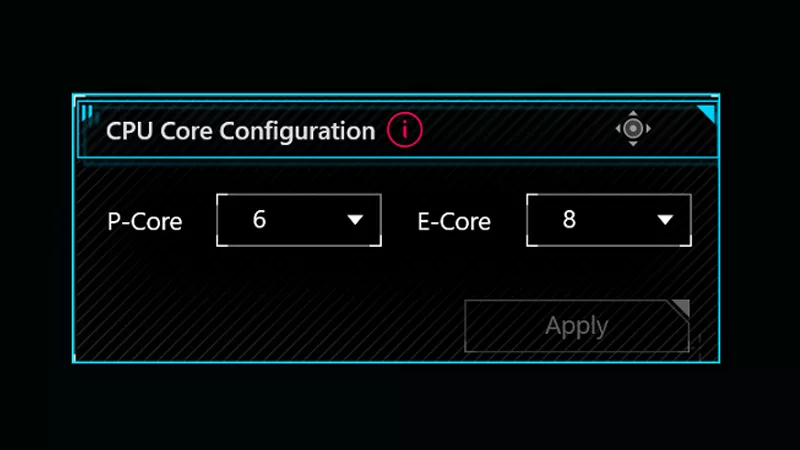
How to adjust your laptop's P-Cores and E-Cores for better performance and battery life
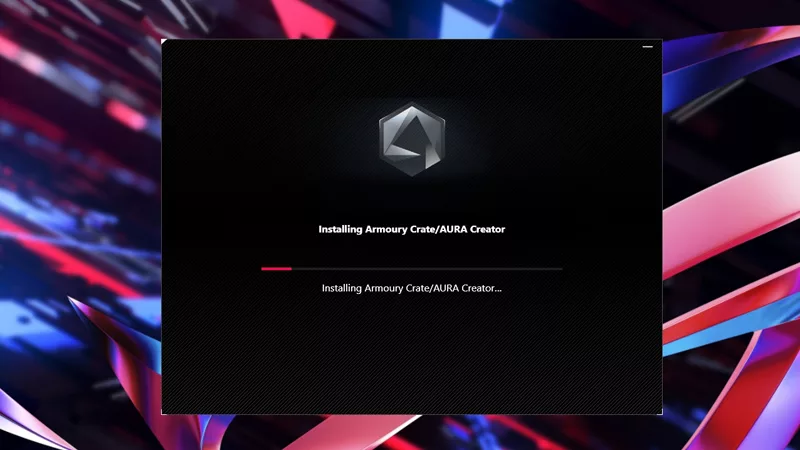
How to Cleanly Uninstall and Reinstall Armoury Crate
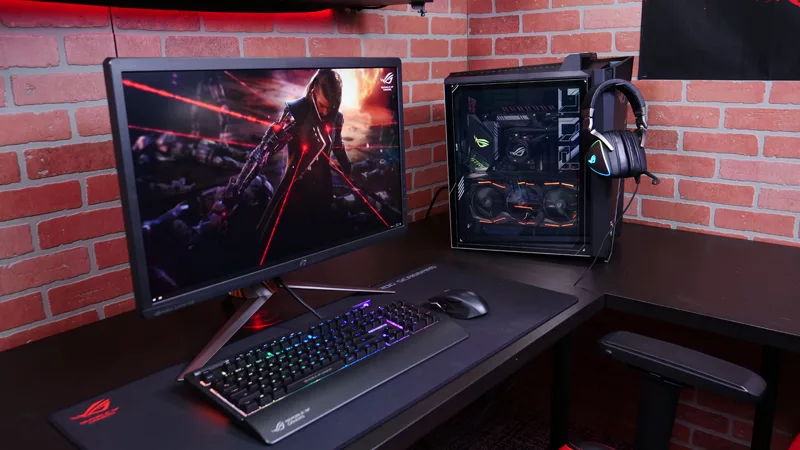
How to configure your PC's RGB lighting with Aura Sync
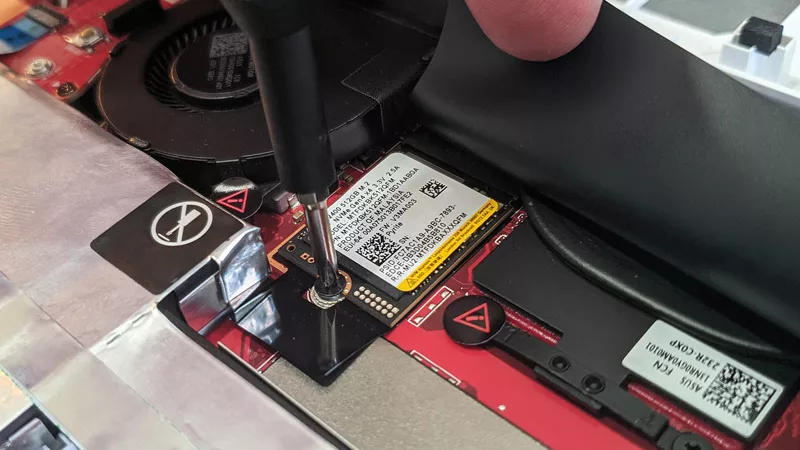
How to upgrade the SSD and reinstall Windows on your ROG Ally or Ally X
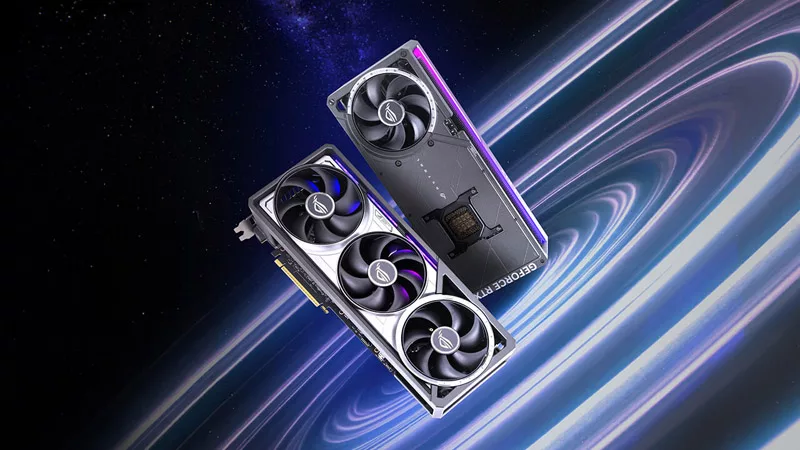
Introducing the ROG Astral GeForce RTX 5090 and 5080: a new frontier of gaming graphics
LATEST ARTICLES
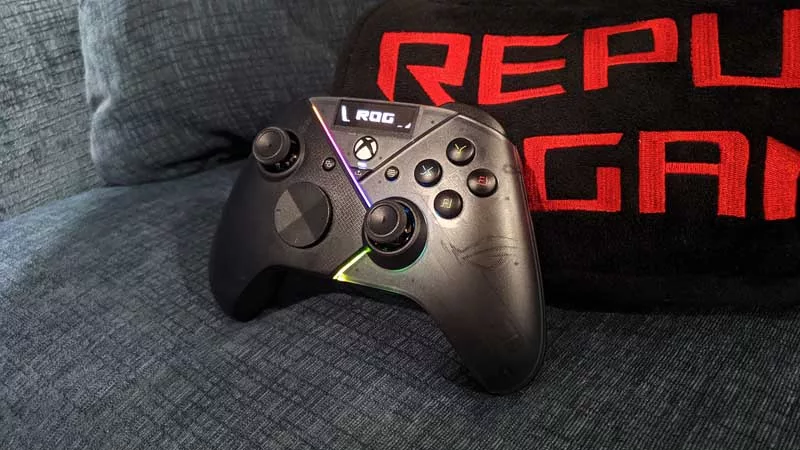
Hands-on: The ROG Raikiri Pro took my couch gaming to the next level
I've been a diehard PC gamer all my life, but I often play on the couch. The ROG Raikiri Pro has improved my living room PC gaming immeasurably thanks to a few useful features and loads of customizability.
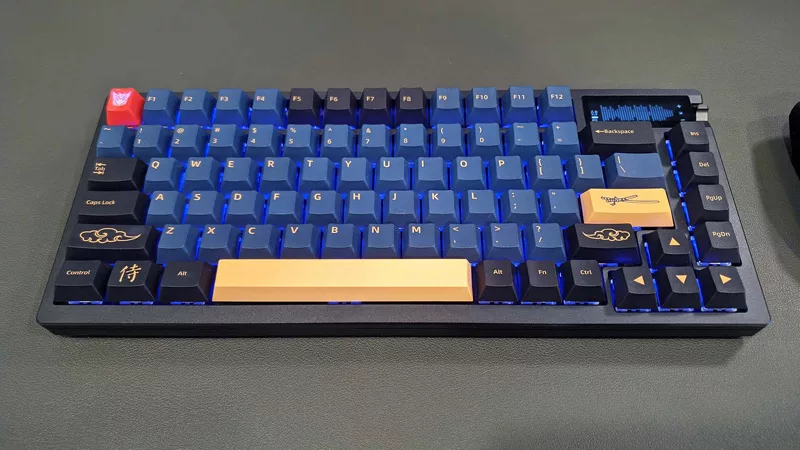
Hands-on: The ROG Azoth became the canvas for the keyboard of my dreams
Ever since I bought my first mechanical keyboard, I’ve been on a mission to mod and upgrade, mod and upgrade. But I think the ROG Azoth may actually be my endgame.
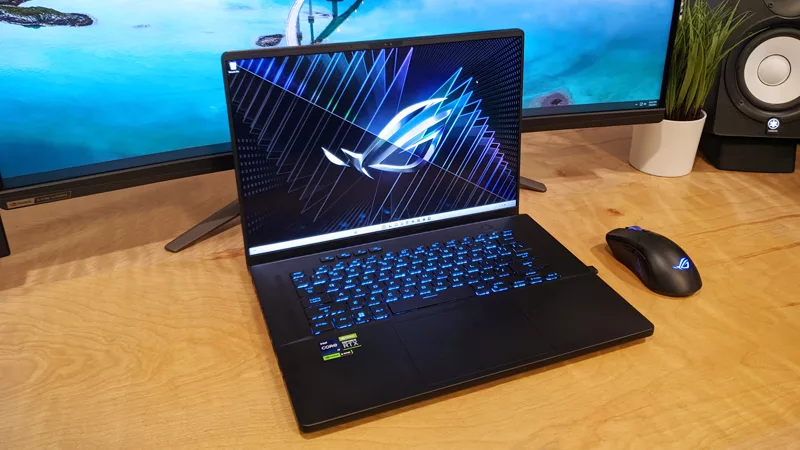
The Zephyrus M16 blends outstanding HDR gaming performance with undeniable luxury
The new ROG Zephyrus M16, with its Nebula HDR display, is like bringing a high-end home theater gaming setup with you wherever you go.
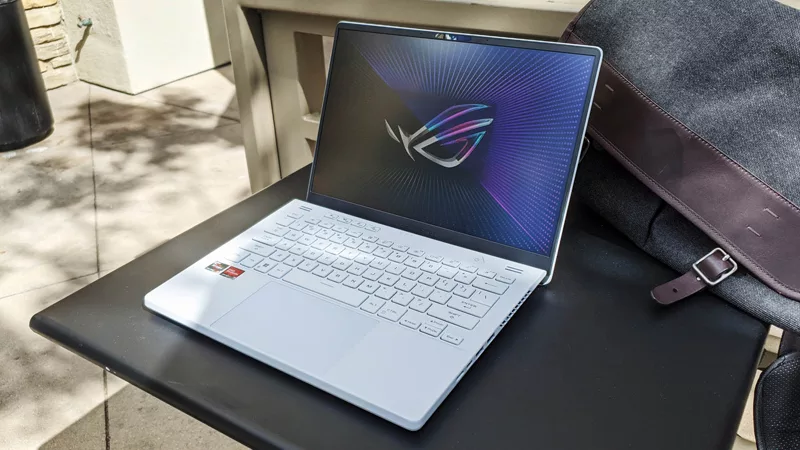
Radeon graphics and a stellar new display reinvigorate 2022 ROG Zephyrus G14
For a long time, I had to choose between underpowered ultraportable laptop and large laptops capable of gaming. But the ROG Zephyrus G14 puts admirable gaming chops into an ultra portable machine that travels anywhere.
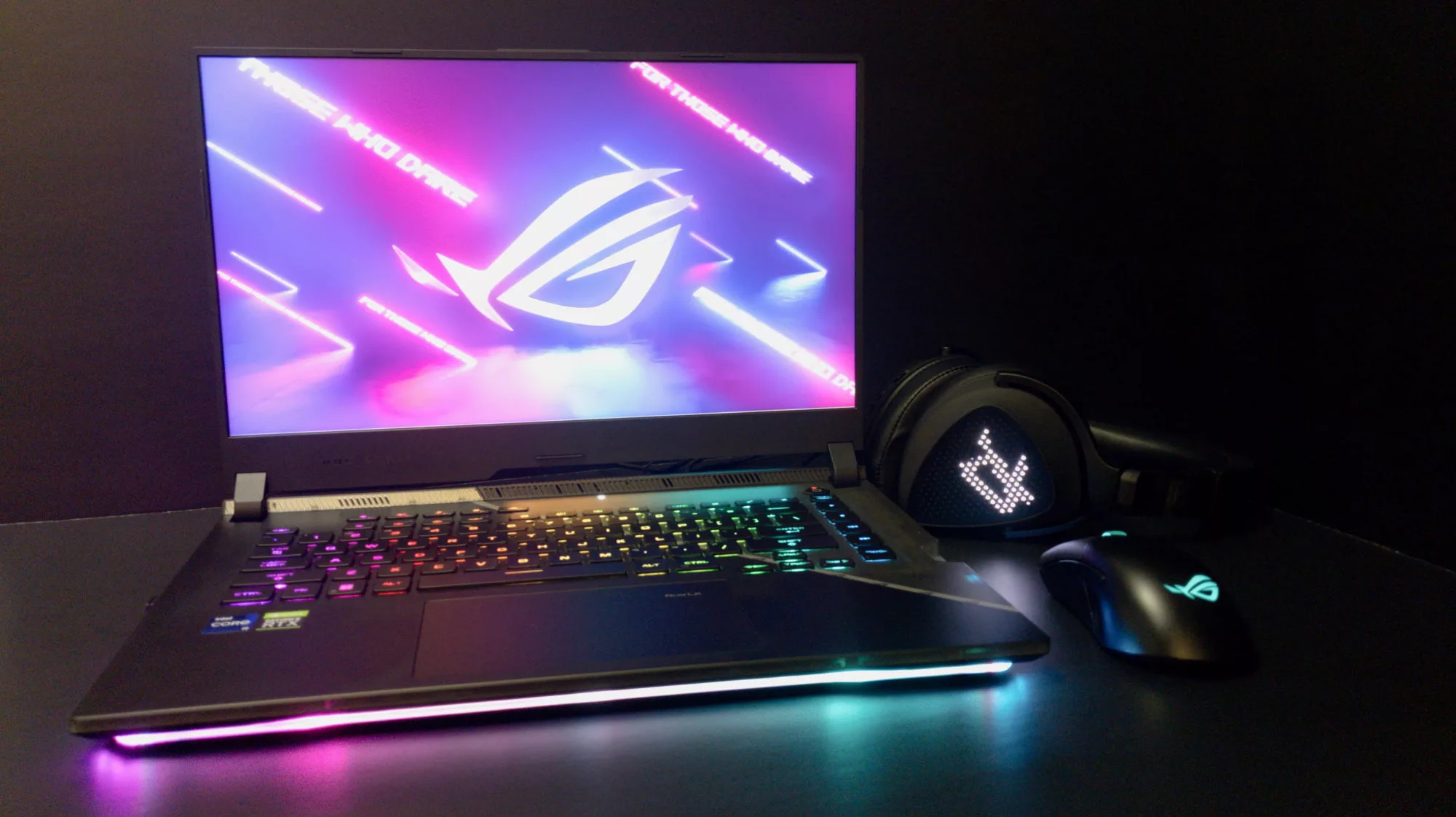
Ready to rumble out of the box: Hands-on with the ROG Strix SCAR 15
Living on the move or in a smaller space isn't a roadblock to high-end gaming. The ROG Strix SCAR makes portable powerful.
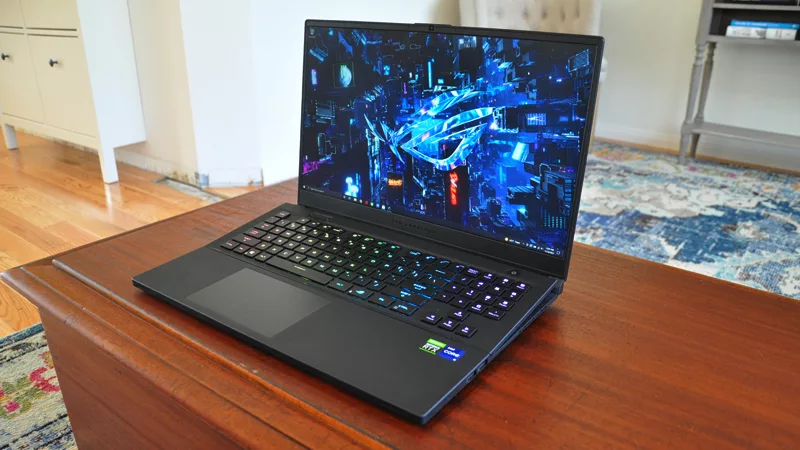
The ROG Zephyrus S17 is an outstanding mixture of power and portability
The S17 has it all: top-tier hardware in a slim package with all the bells and whistles.


